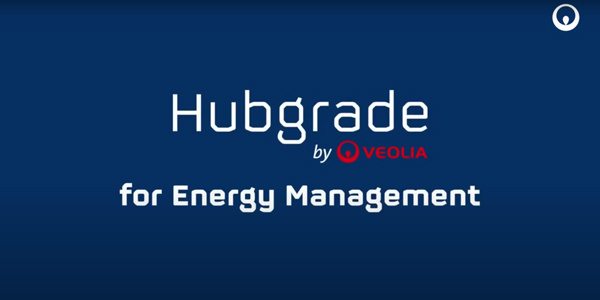Energy Markets Update
Weekly natural gas inventories
The U.S. Energy Information Administration reported last week that natural gas in storage increased to 49 Bcf. There was an injection for the same week last year of 38 Bcf while the five-year average injection is 36 Bcf. Total U.S. natural gas in storage stood at 2,678 Bcf last week, 15.6% less than last year and 5.0% lower than the five-year average for this time of year.
Massachusetts DOER Proposes Revision to Alternative Energy Standard Program
On July 20, 2021, the Massachusetts Department of Energy Resources (DOER) published a proposed revision to its Alternative Energy Portfolio Standard, with the stated goals of greenhouse gas emission reductions, market stability, and complement policies.
Why the APS market crashed
The APS was first established in 2009 with the goal of incenting combined heat and power (CHP), flywheel storage, and other non-conventional clean technologies that could also lower fossil fuel use. The APS requires a designated percentage of the state`s electric load to be met by eligible technologies—all consumers pay into the program—and since its publication, the APS has undergone two major revisions in 2014 and 2016 respectively to include more technologies. Technologies added to the program include solar thermal, air and ground source heat pumps, biomass / biogas / biofuels, fuel cells, and waste-to-energy thermal. With the addition of these technologies, the number of Alternative Energy Credits (AECs) produced expanded drastically over a short period of time, resulting in a net oversupply to the market. As a result, the market price that AECs that generators were able to secure dropped from $20 (2010-2018) to approximately $1 in 2019. In fact, over the last two years the supply of AECs has so greatly exceeded demand that hundreds of thousands of AECs have expired unsold, rendering much of the market worthless.
DOER’s proposed changes
-
A one-time increase of 2% minimum standard to 7.5% in 2023, no change to the annual obligation increase of 0.25% per year.

-
An increase in the market cap (aka ACP) from approximately $23 to $40 per AEC
-
Deep Geothermal Heat Exchange, Solar Hot Air, and Compost Heat Exchange System will be removed from eligible technologies
-
Natural gas-fired technology will be steadily phased out of the program from 2023 to 2030.
-
Certain provisions that require Woody biomass will be removed, with an increased minimum blend percentage (20%) required for liquid biofuels.
Natural gas phase-out and overall impact
The phase out of compensation for natural gas-fired technology (i.e., CHP and fuel cells) is a momentous shift in the program. Beginning in 2023, the AECs produced by natural gas-fired technology would be derated to 70% per MWh. Each subsequent year would derate another 10% in AEC per MWh until CHP is completely phased out of the program in 2030.
Currently, AECs from CHP account for over 75% of the market. The net effect of these proposed changes is that the market should become short again in 2023. This would leave a complicated legacy for the APS program. The APS Program has unquestionably resulted in significant growth in the CHP market, however there will certainly be many stakeholders who have recently initiated or completed CHP projects, and who will feel sideswiped by DOER’s latest policy shift. AEC prices should actually increase close to the higher ACP of $40.00 after 2023. The future of the program is likely to be in heat pumps and solar thermal development. CHP should have a few years of strong revenues , despite the de-rate, however any new CHP or fuel cell projects will need to justify their payback through other means thereafter.
Natural Gas Storage Data


Market Data
Use the filters to sort by region
Market data disclaimer: Data provided in the "Market Data" section is for the newsletter recipient only, and should not be shared with outside parties.



